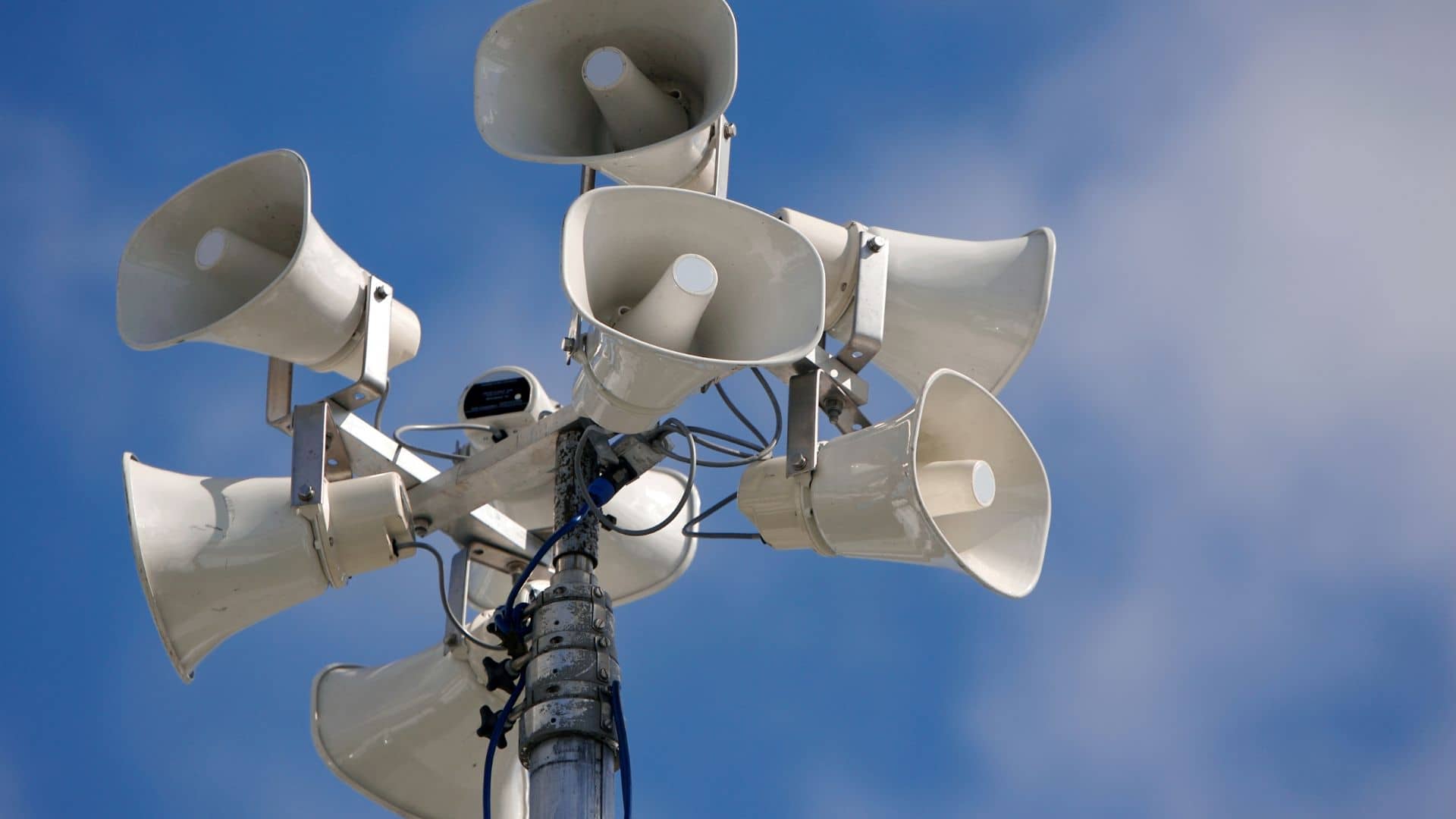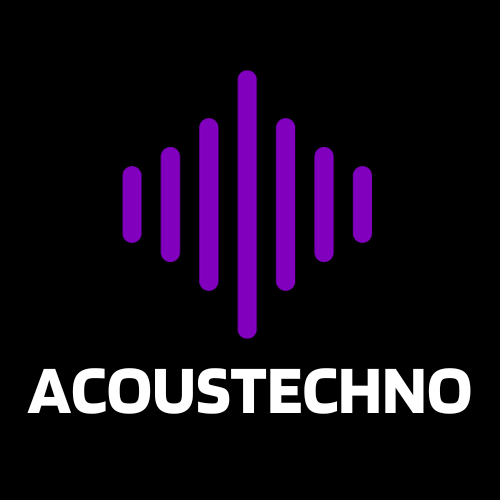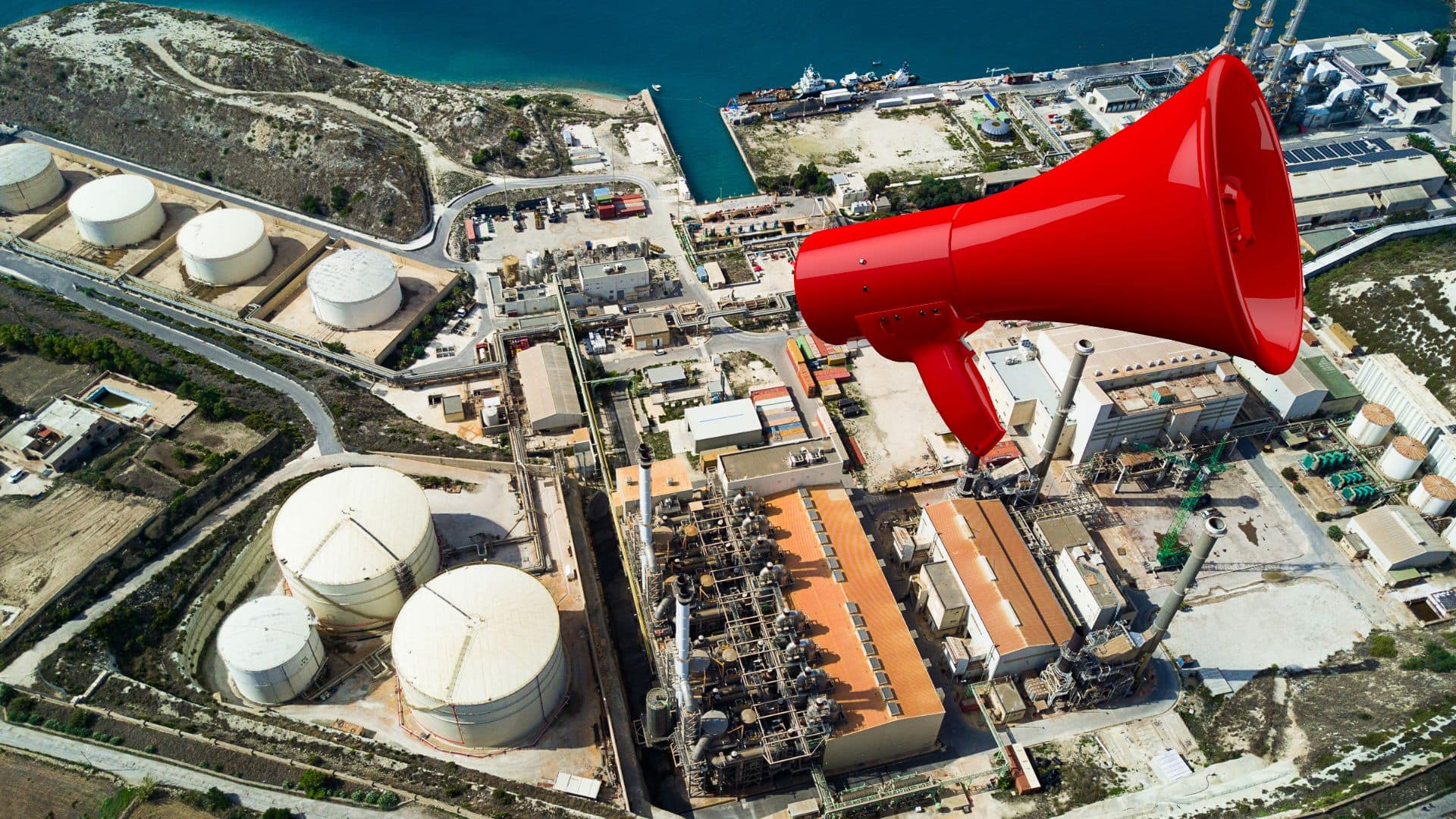There are several EVCS standards in the Middle East, to ensure reliability and clarity in these systems. The design, installation, and commissioning of an emergency voice communication system in an oil field demands technical precision and adherence to strict industry standards.
Many Middle Eastern countries follow international standards like NFPA, IEC, and ATEX, but there are regional adaptations and additional local standards depending on the country. Below are the key standards and regulations specific to the Middle East:
Saudi Aramco Engineering Standards (SAES)
SAES-T-624 (Telecommunication Systems for Industrial Plants and Facilities): This standard governs the design and implementation of telecommunication systems, including voice communication systems, in industrial plants and facilities under the jurisdiction of Saudi Aramco.
SAES-B-068 (Telecommunication Systems General Requirements): It specifies the design, installation, and testing requirements for telecommunication systems, which include emergency voice communication systems in Saudi Aramco facilities. The standard also aligns with international standards like NFPA and IEC.
ADNOC (Abu Dhabi National Oil Company) Standards
ADNOC typically follows NFPA and IECEx standards but may have additional guidelines specific to their operational environments. For example, in offshore and onshore facilities, ADNOC requires that all communication and safety systems, including EVCS, comply with IEC 60079 (Electrical Apparatus for Explosive Gas Atmospheres).
Qatar Petroleum Standards
Qatar Petroleum (QP) generally adopts international standards such as NFPA 72, NFPA 101 (Life Safety Code), and IEC 60268, along with local adaptations. QP also requires that EVCS comply with QCS (Qatar Construction Standards), ensuring compatibility with local regulatory frameworks.
KOC (Kuwait Oil Company) Standards
Kuwait Oil Company follows KOC Standard Specification for telecom systems in hazardous areas. These specifications include the deployment of voice communication systems in oil and gas facilities and ensure compliance with IEC 60079 for explosion protection in hazardous environments.
ATEX and IECEx Compliance
Most Middle Eastern countries with oil and gas operations enforce ATEX (for equipment in explosive atmospheres, primarily used in European countries) and IECEx (an international standard for explosive environments).
These are crucial for designing equipment like speakers, microphones, and amplifiers in oil fields and must comply with:
IEC 60079: Explosive Atmospheres – Equipment requirements.
ATEX Directive 2014/34/EU: Applicable to equipment used in explosive atmospheres in industrial facilities, including oil fields.

Civil Defense and Local Fire Safety Regulations
Each country in the Middle East has its Civil Defense Authority that governs fire safety and emergency systems, often issuing specific guidelines for the design and implementation of emergency communication systems.
Dubai Civil Defence (DCD) requires emergency communication systems in oil and gas facilities to comply with Dubai Fire and Life Safety Code.
Saudi Civil Defense also mandates compliance with Saudi Building Code SBC 801 and NFPA 72 for fire alarm and signaling systems, which includes emergency voice communication.
SASO (Saudi Standards, Metrology, and Quality Organization)
For any telecom equipment used in Saudi Arabia, including EVCS, manufacturers must comply with SASO requirements for product safety, reliability, and electromagnetic compatibility (EMC).
GCC Electrical Standards (GSO)
The GCC Standardization Organization (GSO) issues unified standards across Gulf Cooperation Council (GCC) countries. These often align with international standards but ensure that specific environmental and regulatory needs are addressed in GCC countries. For instance, the GSO 1789/2008 standard for hazardous areas governs explosion-proof equipment used in facilities like oil fields.
Key Considerations in the Middle East
Extreme Weather Conditions: Given the high temperatures and dust prevalent in the region, equipment used for EVCS must be heat-resistant, IP-rated for dust and water ingress, and often need cooling mechanisms.
Explosive Atmosphere Zones: Middle Eastern oil fields frequently have designated hazardous zones (Zone 1 and Zone 2). Equipment must be rated for these zones under ATEX or IECEx standards.
Arabic Language Requirements: In some regions, especially in Saudi Arabia and the UAE, EVCS may be required to support multilingual messaging, including Arabic for public announcements.
Get the Right Team
Understanding and adhering to these standards ensures that EVCS installations meet safety, environmental, and legal requirements specific to the region.
EVCS standards in the Middle East play a critical role in ensuring that personnel receive timely information in emergencies, significantly reducing risks to human life.
Get the right team for the job, contact Team Vivo to discuss your requirements!

